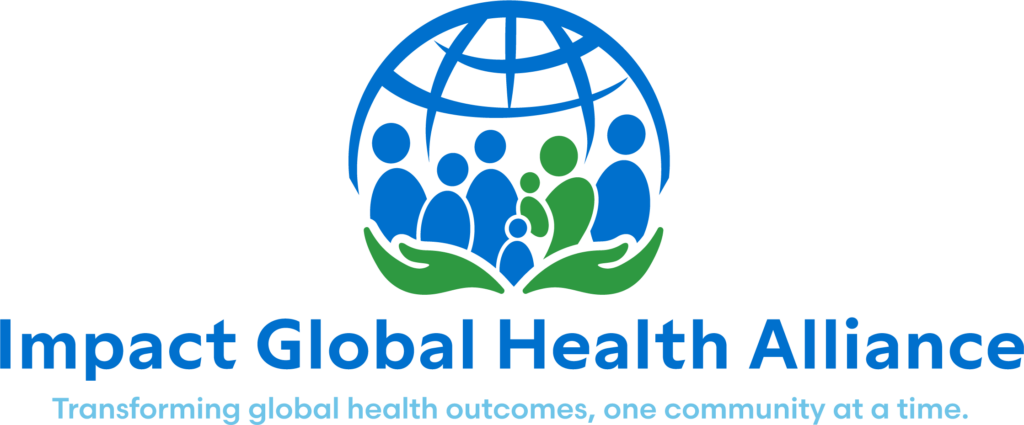To the Coast
Year after year, Guatemalan farmers pack up their families and livestock onto trucks and move to the coast to help with the coffee, cotton and sugar cane harvests. For some, lending a hand on these coastal farms is their only chance to make it through the winter. They often drive the entire days-long journey in one trip, which means their families must sleep, eat, and live inside the trucks all the way to the coast. The journey’s particularly hard on women and children, causing many to fall ill and sometimes die along the way.
One such family arrived at the door of the clinic one afternoon. The father ran into the clinic, asking for medicine for his baby. The 14-month-old boy had fallen ill with diarrhea on the journey. At first the man didn’t want to bring his child into the clinic – he just wanted medicine and to be on his way. The family still had a four-hour walk ahead of them and didn’t want to waste time. Knowing that it was likely a matter of life and death for this child, the clinic staff pleaded with the man to let them treat his son there.
A Father’s Last Chance
When the father finally brought the young boy into the clinic, the staff could immediately tell he was undernourished. He’d entered a state of shock and was unable to breastfeed. He’d developed a respiratory problem and his heart was racing. The outlook seemed grim. Nevertheless, the staff quickly got him on an IV.
The father told the clinic staff they’d come from a farm in Nuevo Progreso San Marcos. It dawned on the staff that there were four different hospitals along that route. Why hadn’t he brought his child to any of those hospitals? Why had he waited until now?
The father reasoned that hospital patients usually died and that the hospital staff usually didn’t treat their patients with respect, especially if they were indigenous. But above all, it came down to money. They couldn’t afford treatment in a hospital so they had no choice but to risk their baby’s life.
The Fruits of our Labor
Around midnight, there was so much swelling in the boy’s stomach that he was becoming paralyzed. If they’d been in a hospital, this would have been treated with potassium chloride. However, the clinic didn’t have any on hand. Thinking on their feet, the staff realized they could create a makeshift remedy using bananas and orange juice. They mixed the concoction and slowly began feeding it to the baby. At first, he couldn’t hold it down. The doctors exchanged worried looks. There were few signs of recovery, and the clinic was running out of resources.
However, little by little, the boy was able to drink the juice. After a long sleepless night for the family and clinic, the boy mustered the energy to cry at around four in the morning. Recognizing this as an improvement, the doctors asked his mother to try breastfeeding him again. To the great relief of the family and the clinic, he was able to take it. They were overjoyed — they knew he was going to make it. His life was saved!
This story is from a collection of true stories experienced by the Mayan people living in the highlands of Guatemala circa 1994. This collection was put together by Dr. Mario, the Project Director of Impact Global Health Alliance Guatemala, and his team to reflect on the life and health of these families and a search to find for solutions to these problems.




